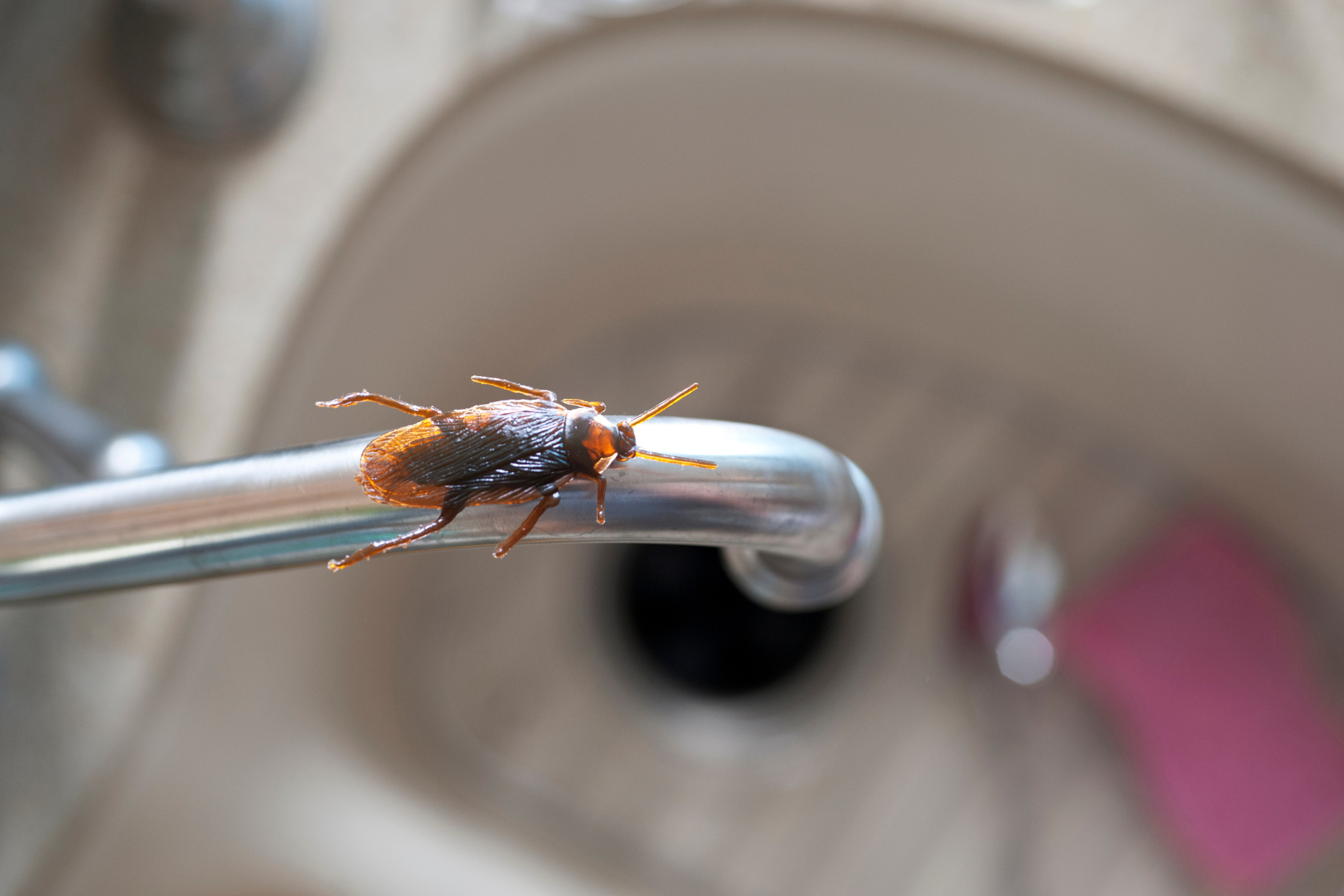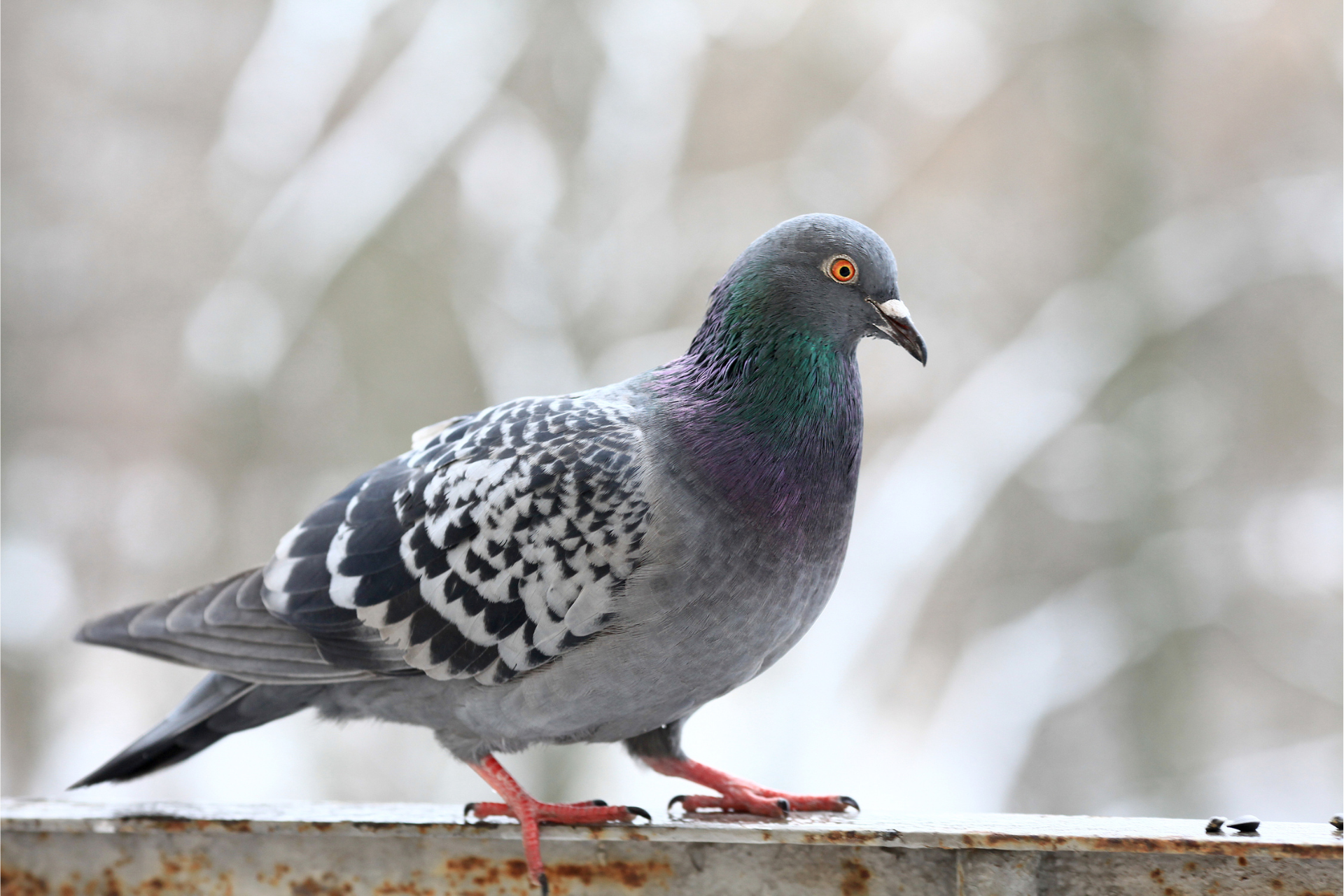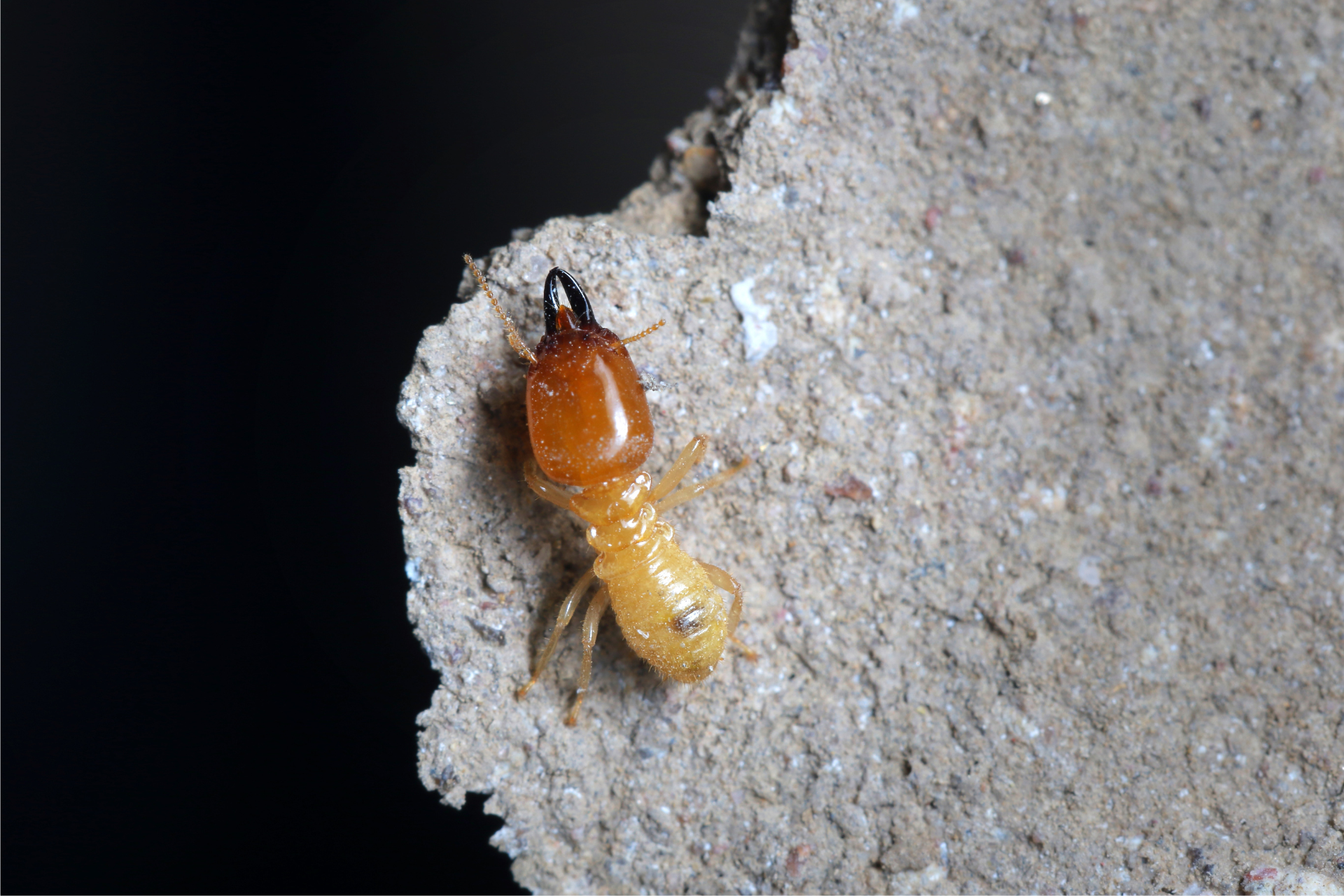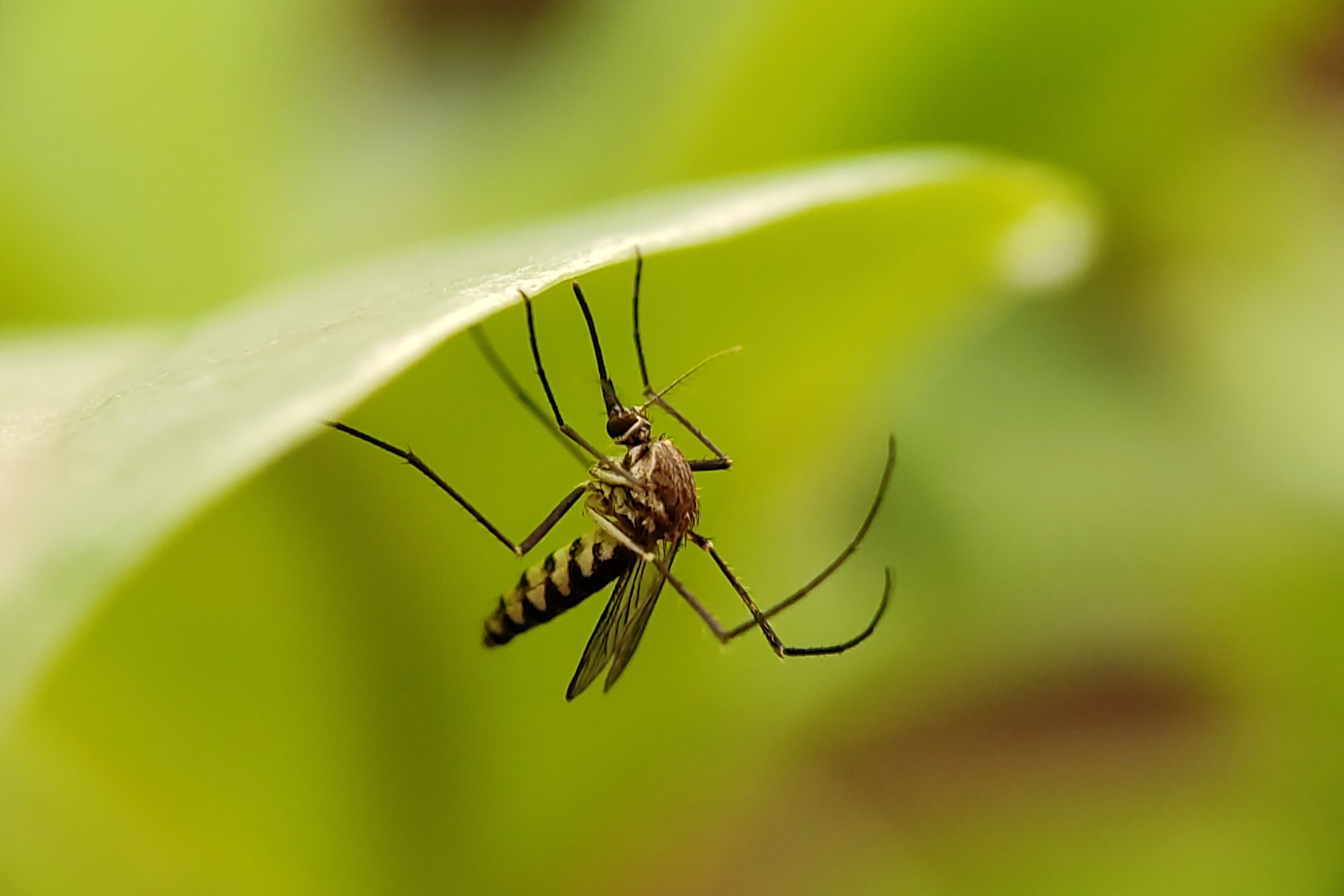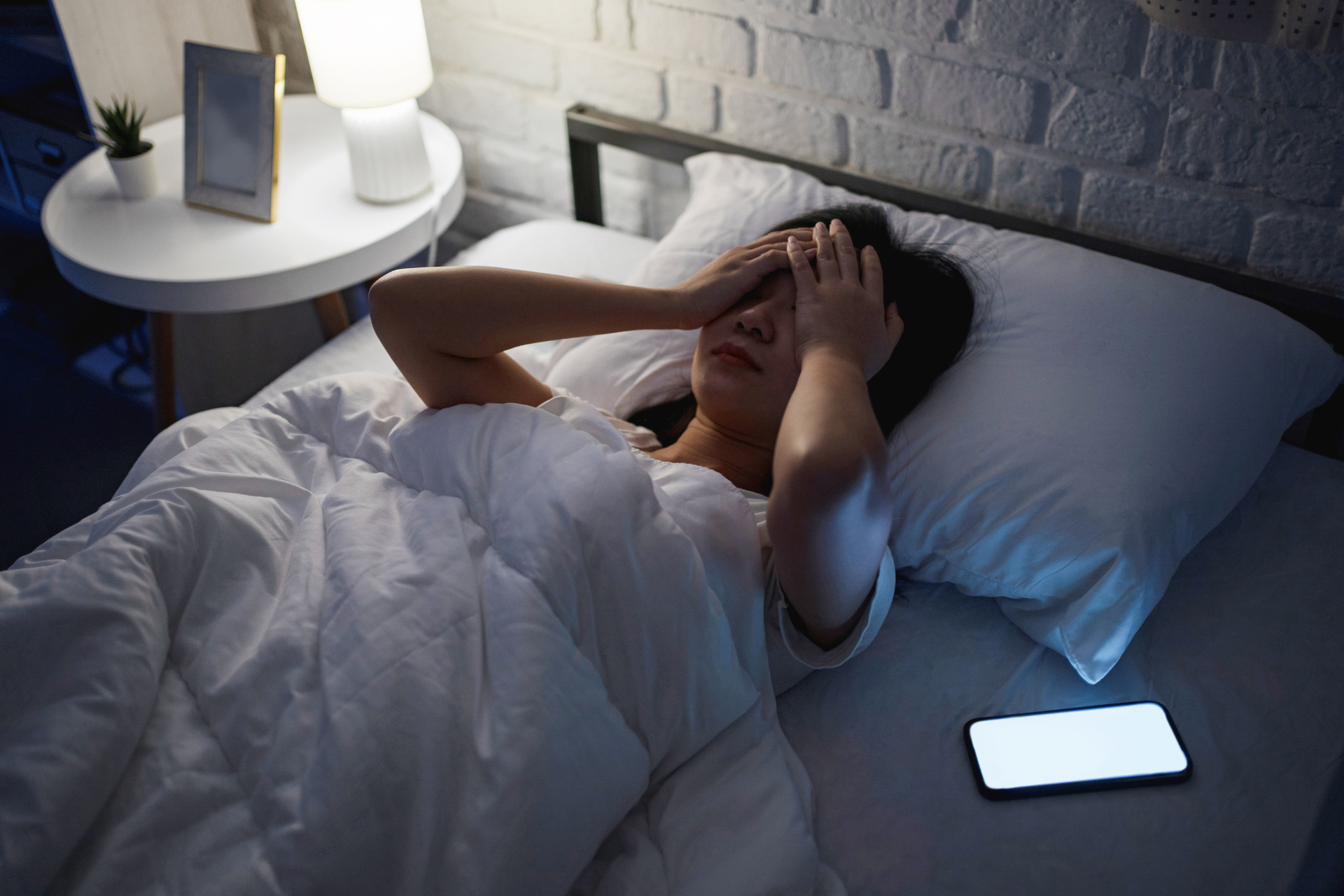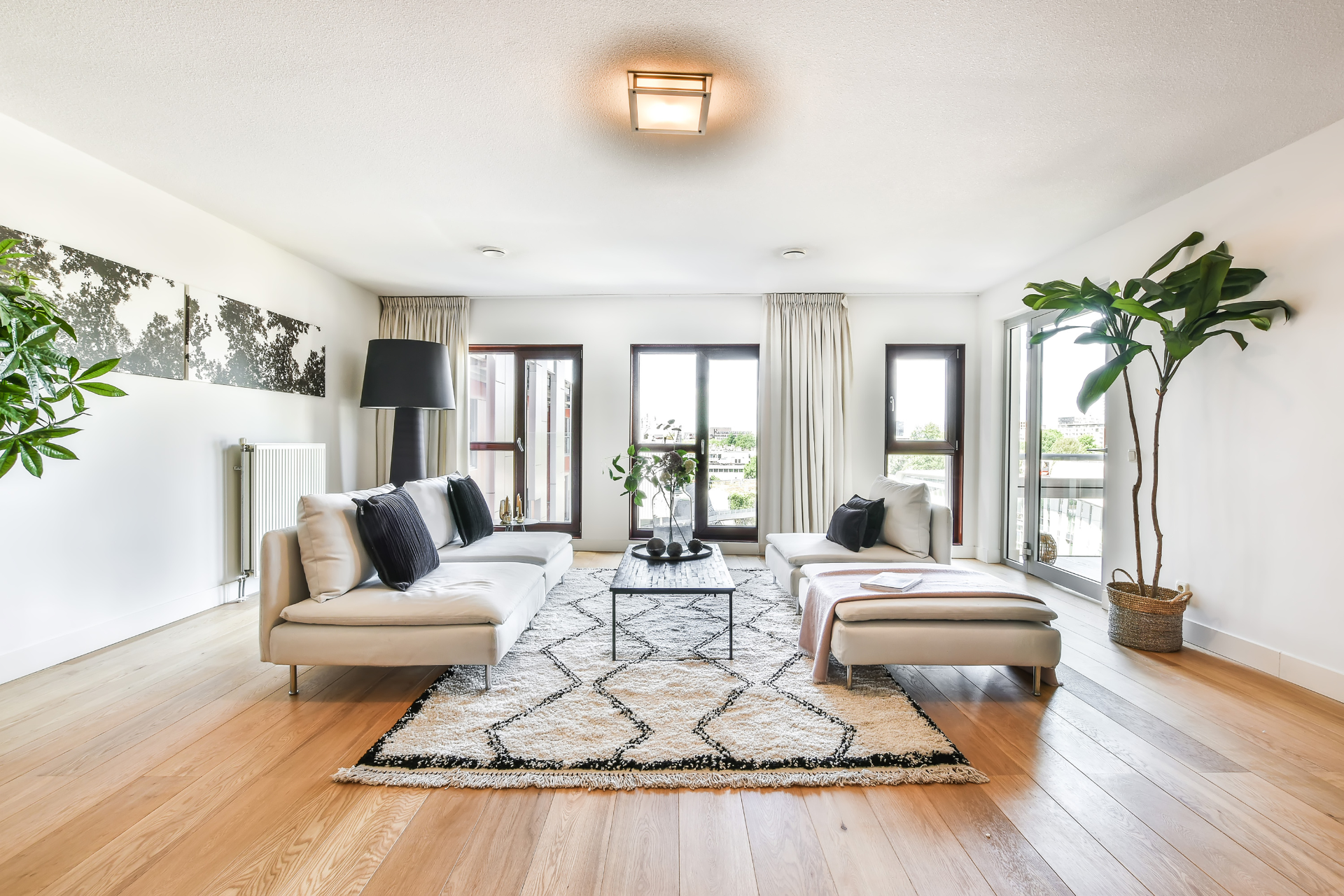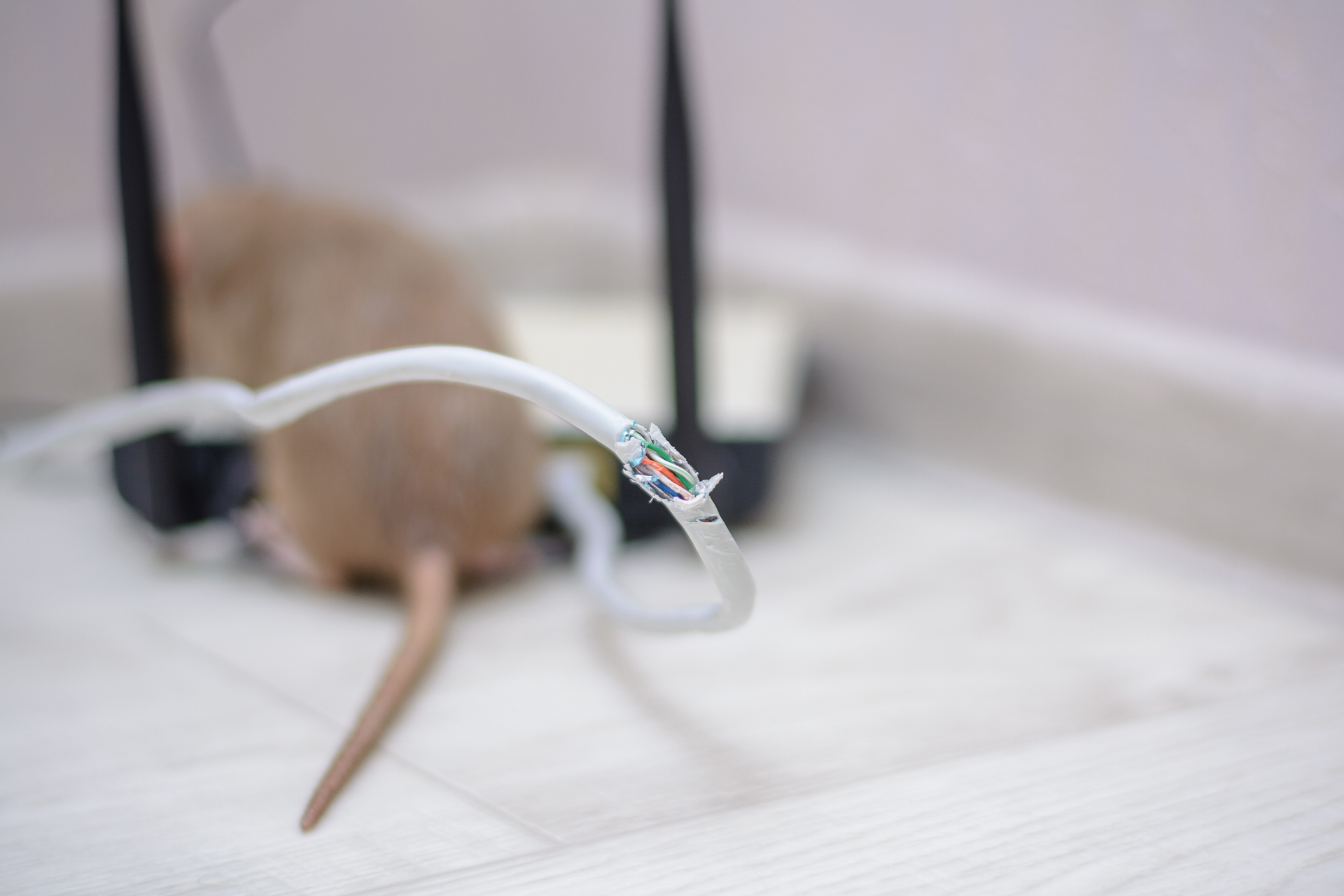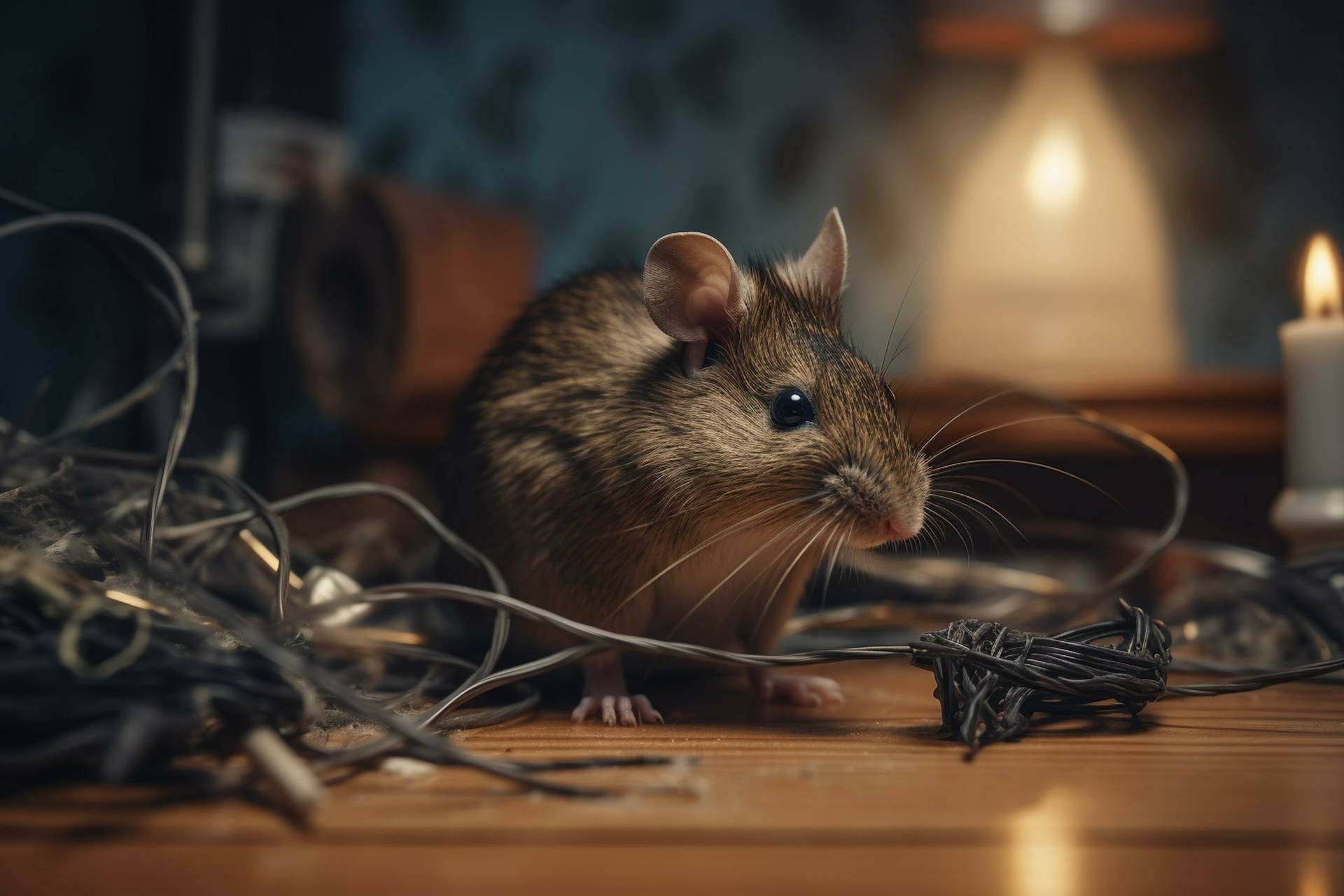The Psychological Impact Of Pests
Impact Of Infestations On Mental Health
In the comfort of our homes, we expect a safe and secure environment. But the intrusion of bugs, like ants, cockroaches, or even Bed Bugs, can shake this sense of security. These infestations are more than just an annoyance; they deeply impact the mental well-being of homeowners.
Their presence in a home is often unexpected and unwelcome, marking a breach of personal space. Not only do they pose a threat to cleanliness and the integrity of the home, but they can also bring about a psychological challenge. The sight of these tiny invaders can stir up a mix of emotions, from mild annoyance to intense fear and anxiety. This reaction goes beyond the bugs themselves; it reflects a deeper concern about losing control over one's personal environment and the safety of the home.
Understanding this psychological impact is important. It's not just about their physical presence, but how their existence in our homes affects our feelings, thoughts, and overall mental health. This exploration into the psychological effects of infestations on homeowners aims to shed light on these often-overlooked emotional responses and offer insights into coping with this challenging situation.
Understanding Infestations
When we encounter them in our homes, it's often a startling experience. These creatures, whether they are ants in the kitchen, cockroaches in the bathroom, or Bed Bugs in the bedroom, signify a breach of our most private and personal spaces. But why do these infestations happen? It's not always a sign of uncleanliness. Bugs can find their way into the cleanest of homes, looking for food, water, or shelter.
Different types have different reasons for entering our homes. Ants might come in searching for food, drawn by tiny crumbs we didn't even notice. Cockroaches could be seeking warmth and moisture, finding hidden nooks in our homes that we never thought about. Bed Bugs, a particularly distressing invader, often hitch a ride on luggage or clothing, stealthily making their way into our bedrooms.
These invasions often lead to a physical impact on our homes. They can damage property, from gnawing on furniture to nesting in walls. More than that, they can pose health risks. Some carry diseases or trigger allergic reactions. But beyond these physical concerns, there's a deeper issue – the psychological toll on homeowners.
Understanding the nature of infestations is the first step in recognizing the psychological impact they can have. It's not just about the bugs themselves, but about how their presence disrupts our sense of safety and control in our own homes. In the next sections, we'll delve into the psychological reactions homeowners have to these invasions and how they can affect mental health.
Psychological Reactions To Infestations
Discovering bugs in one's home often triggers immediate emotional responses. The first feelings might be shock and disbelief, quickly followed by disgust or fear. For many people, these feelings are not just about the bugs, but also about the invasion of their personal space. The home, which should be a sanctuary, suddenly feels unsafe and contaminated.
These reactions are natural and vary from person to person. Some might find the situation mildly upsetting, while others may experience intense distress. Over time, these emotional responses can evolve into more significant psychological issues. Homeowners might start feeling persistent anxiety, especially about the cleanliness of their home. This worry can disrupt daily routines and lead to sleep disturbances, as the thought of bugs crawling around at night becomes a source of fear.
Another common reaction is embarrassment or shame, particularly when dealing with species that are often associated with uncleanliness. This feeling can lead to social withdrawal, as homeowners might avoid inviting guests over, fearing judgment or spreading the infestation. For families with children, the psychological impact can extend to the younger members of the household. Children may become anxious or develop fears related to bugs, which could affect their sleep and overall well-being.
The psychological impact of infestations can, in severe cases, lead to more profound mental health issues. The constant stress and anxiety about the infestation might contribute to the development of phobias, such as entomophobia (fear of bugs). In some cases, this fear can become debilitating, affecting a person's ability to function normally in their daily life.
There's also a potential for obsessive-compulsive behaviors to develop, particularly concerning cleanliness and hygiene. Homeowners might find themselves repeatedly cleaning their homes, washing their hands, or checking for bugs. While these actions are initially driven by the desire to control the infestation, they can escalate into compulsions.
In prolonged situations, the persistent stress and anxiety can lead to depression. The feeling of being unable to rid the home of bugs can cause a sense of helplessness and hopelessness, impacting a person's mood and outlook on life.
Coping Mechanisms And Prevention
Facing an infestation is undoubtedly challenging, but there are effective ways to cope and find solutions. The first step is to address the infestation itself. This might involve hiring professional exterminators or implementing preventative measures to avoid future infestations. Taking action can help regain a sense of control and reduce anxiety.
Psychologically, it's important to seek support. Talking to friends, family, or a mental health professional can provide relief and practical advice. Stress-relief techniques like mindfulness, meditation, or physical exercise can also be beneficial in managing anxiety and improving sleep.
Maintaining perspective is crucial. Remember that infestations are a common issue many homeowners face and they can be resolved. Focusing on positive aspects of the situation, like the steps being taken to address the problem, can help maintain a balanced outlook.
Preventing future infestations is key to avoiding the psychological distress they cause. Homeowners can educate themselves about the early signs of bug infestations and take proactive measures like sealing cracks, keeping the home clean, and reducing clutter where they can hide.
Awareness and education are also important in dealing with the stigma surrounding bug infestations. Understanding that infestations can happen in any home, regardless of cleanliness or location, can help reduce the embarrassment and shame often associated with these situations.
Professional Pest Control Solutions
Infestations in homes are more than just a physical nuisance; they can have significant psychological effects on homeowners. From immediate emotional responses to long-term mental health issues, the impact of these invasions can be profound. However, by understanding these effects, taking action to address the infestations, and using coping strategies, homeowners can manage these challenges effectively. It's important to remember that infestations are a common problem and there are resources and support available to help navigate this distressing experience.
We understand the urgency and sensitivity of dealing with pest invasions, and our team of experienced professionals is ready to provide you with effective, discreet, and compassionate service. Don't let the stress of an infestation impact your well-being any longer.
Contact Elite Pest Control today for a free estimate. We're here to help you restore your home a pest free haven.
All Rights Reserved | Elite Pest Control

